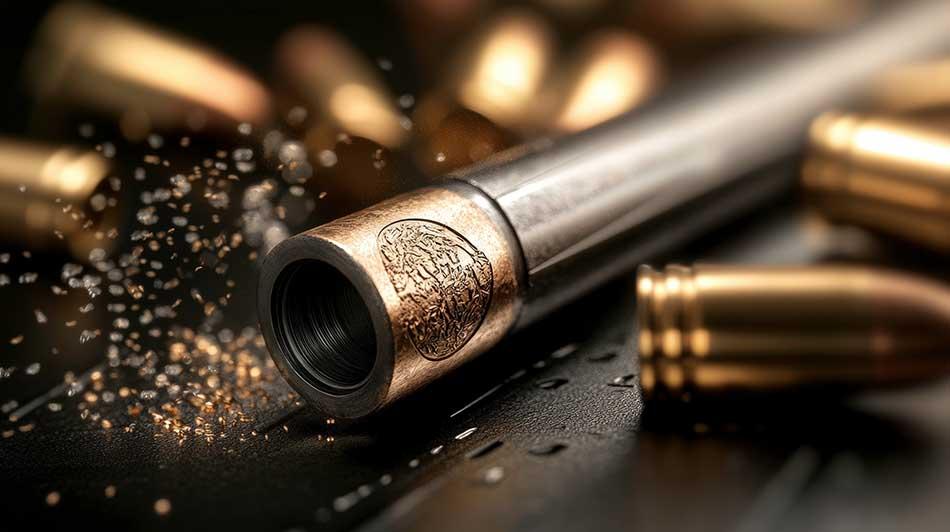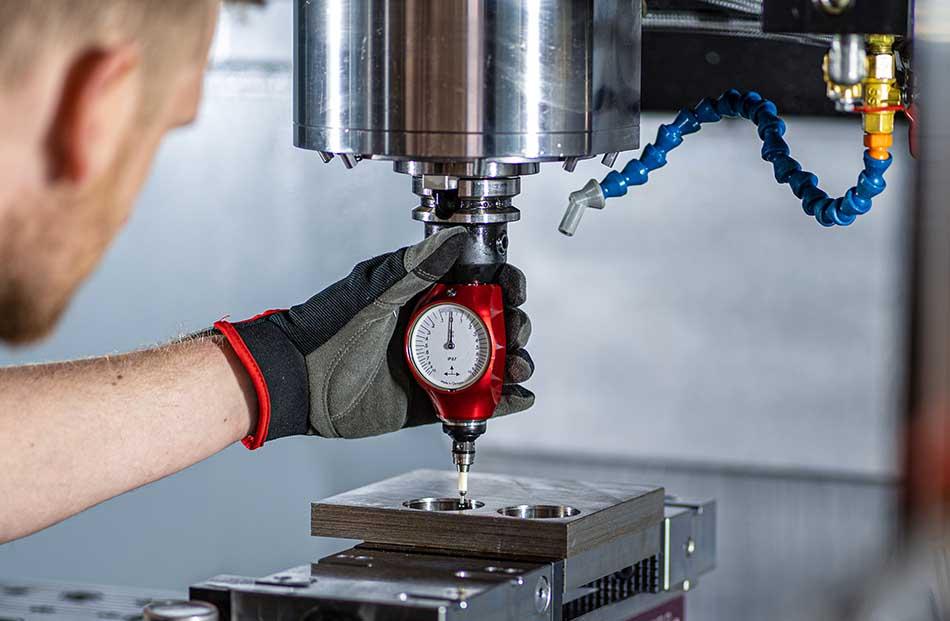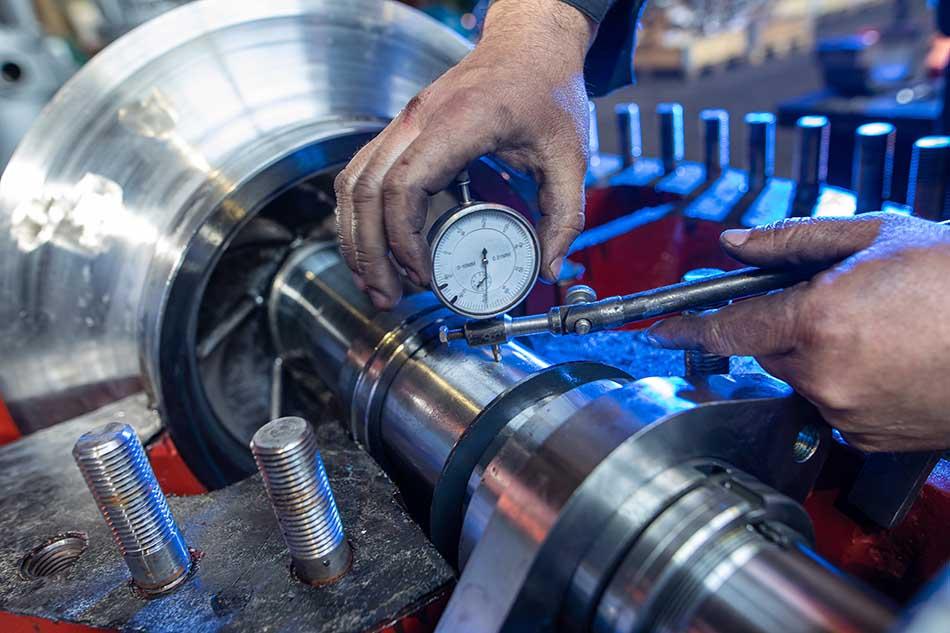Choose the Best CNC Machine for Guns: A Guide for Gunsmiths
If you work in gunsmithing, precision isn’t optional—it’s a requirement. The CNC machine you use affects the safety, performance, and look of every firearm you make. This is true whether you are making lower receivers, machining barrels, or engraving parts.
Selecting the right CNC machine for gunsmithing involves more than just considering power or size. You need a reliable setup that’s accurate, stable, and capable of working with the materials and parts in firearm production. In this article, we’ll walk through what to look for when choosing a CNC machine for gunsmithing, so you can find the best fit for your shop.
What Makes Gunsmithing Different
Gunsmithing involves a wide range of parts from small trigger components to full receivers. These often use materials like aluminum, steel, and chromoly. You need to cut these parts cleanly and maintain consistent, tight tolerances. Even small mistakes in alignment or surface finish can cause problems with function or safety.
How To Choose The Right CNC Machine For Guns
You need a CNC machine that stays accurate over time. It needs to function correctly with the right tools and fixtures.
This machine must also give you full control over detailed work. Gunsmithing includes many parts, from small trigger pieces to complete receivers. It often uses materials like aluminum, steel, and chromoly.
- 80% lower receivers
- Slides and barrels
- Custom triggers or mounts
- Picatinny rails
- Engraving panels or serialized parts
Should You Use a Vertical or Horizontal Machine?
Most gunsmithing shops use vertical machining centers (VMCs). These CNC machines are easier to set up, occupy less space, and work well for flat parts like receivers and rails. A good vertical mill gives you enough clearance, control, and rigidity to handle small-to-medium firearm components.
Horizontal machines offer some benefits, like better chip removal and faster cycle times for complex parts. These are usually more expensive and occupy more space. For custom gun shops or small manufacturers, a vertical CNC mill is usually the better choice.
Make Sure It Supports the Right Tools and Fixtures
When choosing a CNC machine for gunsmithing, make sure it works with the tools and setups you need. Many firearm parts require special jigs, vises, or rotary tables. A good machine should support:
- Toolholders like CAT40 or BT30
- A 4th axis for multi-sided machining
- Enough Z-axis clearance for parts like barrels
- Fixturing for lower receivers or serialized frames
Your spindle speed and power should match the material. For example, cutting aluminum may need higher RPMs, while working with stainless steel needs more torque.
Easy-to-Use Controls
Your machine shop doesn’t need the most advanced CNC controls—but you do need ones that are easy to program and adjust. Look for CNC machines with clear menus, support for probing cycles, and simple ways to change tool offsets.
Popular options like Haas, FANUC, or Tormach PathPilot offer different levels of control, depending on your experience. Choose a system that your team can learn quickly and use with confidence.
Examples of Good Machines for Gunsmithing
Here are a few CNC machines that work well for different shop sizes:
- Tormach 770MX or 1100M – Great for small custom shops. Compact, affordable, and ideal for light- to medium-duty work.
- Haas Mini Mill or VF-2 – Excellent for professional shops. Offers strong support, solid performance, and flexible tooling.
- Okuma GENOS M560-V – A top-tier choice for serious production. Great for volume work and demanding applications.
- Ghost Gunner 3 – A compact, desktop CNC machine designed specifically for finishing 80% lower receivers. This product will not be best for high-volume production demand. A good entry-level choice for hobbyist gunsmiths who follow legal limits.
Choose a Machine That Matches Your Workload
The best CNC machine for gunsmithing depends on what you want to create. It also depends on how often you use your CNC machines and how much control you need over these machines. For most shops, a well-built vertical mill with support for jigs, good spindle power, and easy programming will handle the job.
If you’re unsure where to begin—or looking to upgrade your current equipment—In-House CNC is here to assist. We offer expert help, personalized advice, and repairs for shops that make custom firearm parts and components.
Call us today at (951) 540-4820 to discuss your aspirations. Our team will help you identify the most effective CNC setup for your gunsmithing applications.



